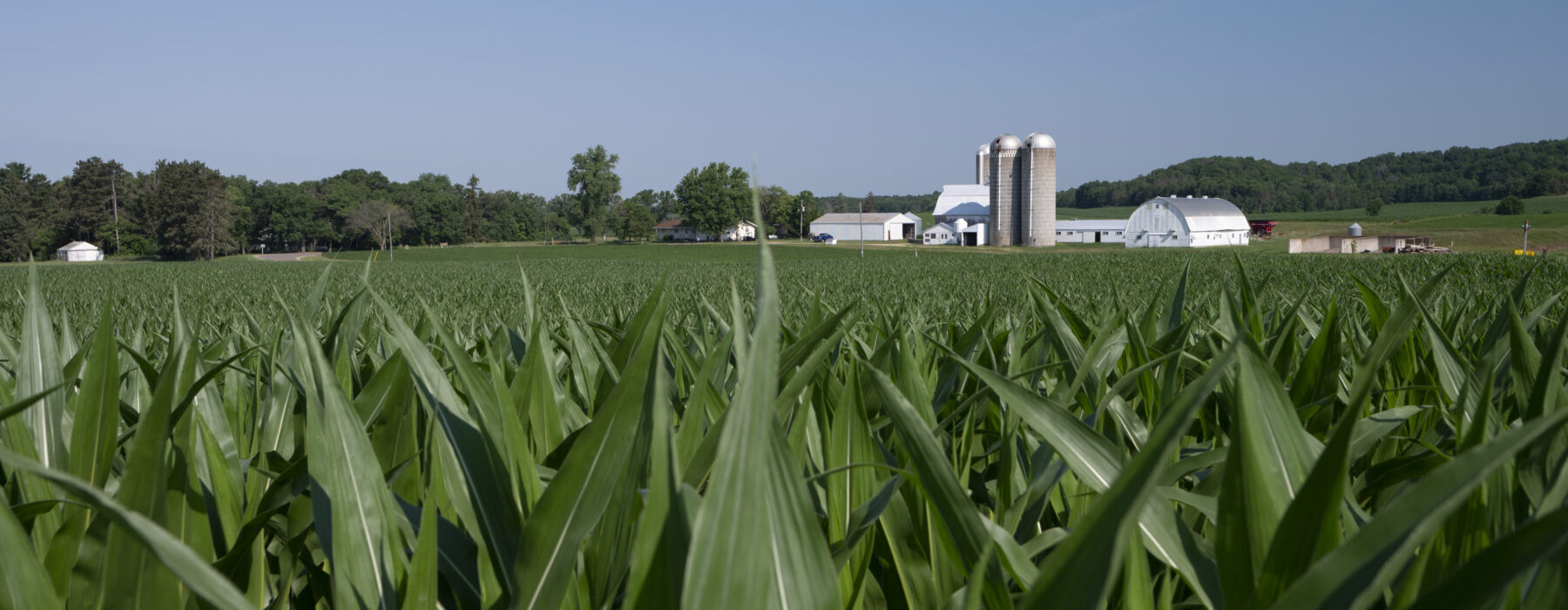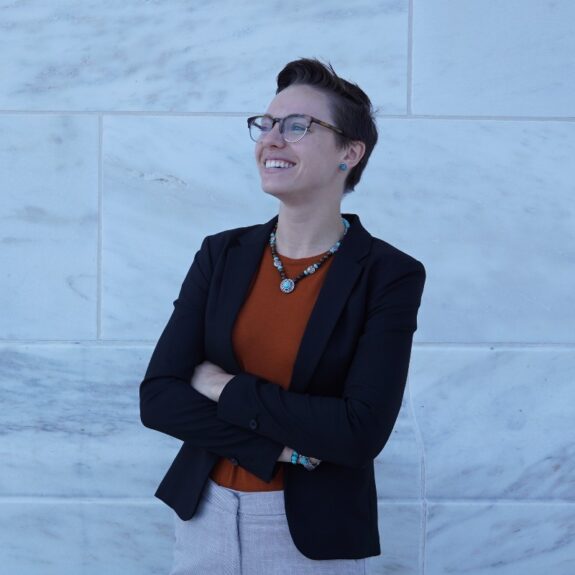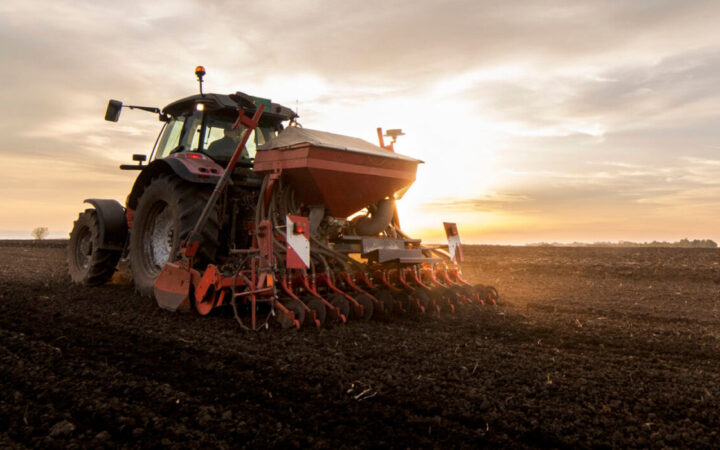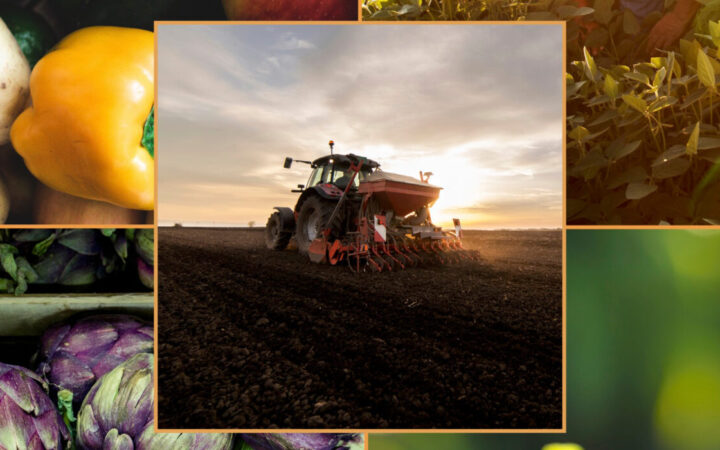This report finds that farmers denied federal direct farm operating and ownership loans won only 17 percent of appeals and examines the basis for those denials. It identifies opportunities for reform at every step of the appeals process.
Executive Summary
For U.S. farmers who cannot access credit from commercial lenders, the U.S. Department of Agriculture (USDA)’s Farm Service Agency (FSA) serves an invaluable function in supporting farm operations. In addition to guaranteeing loans from other lenders, FSA provides direct loans to farmers, enabling real estate purchases through farm ownership loans and ongoing farm business support through operating loans. These direct loans are the focus of this report. Because applicants often cannot get credit from other sources, those who are denied FSA direct loans have little recourse to access capital. However, any applicant who has been denied can appeal that decision to the National Appeals Division (NAD) an independent division of the Department of Agriculture that conducts administrative appeals hearings to review agency program decisions.
From January 2009 to June 2022, NAD heard 367 cases from farmers appealing FSA direct loan denials. This report analyzes those determinations to identify the regulatory lending requirements that were most at issue in appealed loan decisions. The top three issues include requirements that loan applicants have an acceptable credit history, demonstrated managerial ability, and a feasible plan for their operation, each of which is discussed further below.
This report also includes case examples addressing each of these issues and raising a set of recurring themes:
■ broad FSA discretion when evaluating loan applications
■ FSA employees engaging in heavier scrutiny of applications than either their regulations or agency loan making handbook demand
■ NAD deference to FSA decision-making that can result in questionable or even incorrect denials being upheld on appeal
In addition to the challenges presented above, the NAD process itself creates a set of hurdles for loan applicants, including a formalized appeals process that is difficult for farmers to navigate without an attorney. Farmers’ ability to obtain recourse through the appeals process is also limited by procedural idiosyncrasies that make it difficult for farmers to successfully access loans even when they receive a favorable decision on appeal. Finally, the process contains notable gaps, particularly its lack of recourse for applicants who have been subject to discrimination in their loan review.
When considered together, these challenges lead to negative outcomes for farmers trying to appeal unfavorable decisions. Specifically, the data demonstrate that farmers are successful in less than 18% of appeals. Unfortunately, these success rates only decrease when farmers appeal an initial NAD decision a second time.
Acknowledgments
This report was produced by the Center for Agriculture and Food Systems at Vermont Law and Graduate School, in partnership with Farm Aid and RAFI (Rural Advancement Foundation International).
Disclaimer: Molly Carey’s work on this report was entirely conducted while she was affiliated with the Center for Agriculture and Food Systems or while in her personal capacity as a private citizen. The views Molly Carey has expressed in this paper are solely her own personal views.
Research support was provided by Emilia Hitchcock, JD’23; Sophia Kruszewski, former Assistant Professor and Food and Agriculture Clinic Director; and Matthew Gigeure, former Food and Agriculture Fellow.
We thank Stephen Carpenter (Farmers’ Legal Action Group) for reviewing portions of this report and providing invaluable feedback. This report would not have been possible without the tremendous production and communications support of the following staff and faculty at the Center for Agriculture and Food Systems: Laurie J. Beyranevand, Director; Lindsey Cole, Program Coordinator; Claire Hermann, Senior Communications Manager; and Lihlani Skipper Nelson, Deputy Director. Thank you to Research Assistant Alexander Arroyo for outstanding citation support. Thank you to Jeff Wainer for designing the report.
Suggested Citation
Vt. L. & Grad. Sch. Ctr. for Agric. and Food Sys., Appealing for Relief: An Analysis of Appealed Direct Farm Loan Decisions 2009-2022 and Opportunities for Reform (2024), https://www.vermontlaw.edu/sites/default/files/2024-03/appealing-for-relief.pdf.





